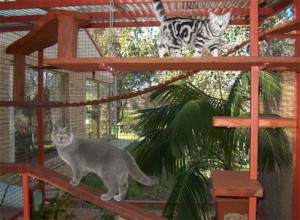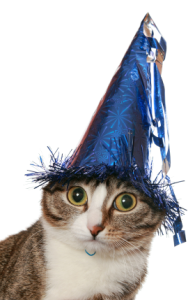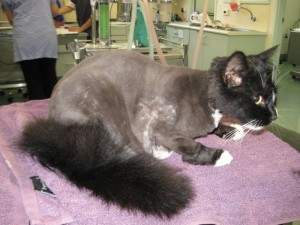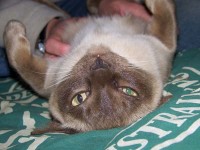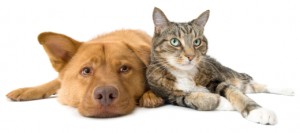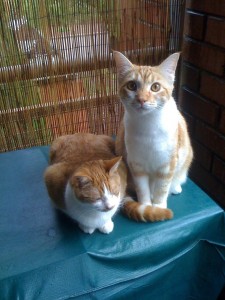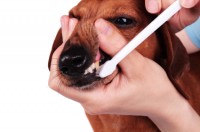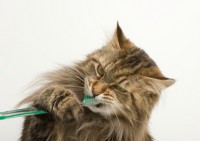 Spare a thought over the festive season for our pets. Christmas is a fun time of year for humans but it disrupts our animals’ lives, causing stress and untoward changes in their behaviour.
Spare a thought over the festive season for our pets. Christmas is a fun time of year for humans but it disrupts our animals’ lives, causing stress and untoward changes in their behaviour.
Potential sources of stress include:
- Car travel
- Boarding
- Visitors to their home
- Parties and increased noise in the neighbourhood
- Fireworks
- Changes in routine
- Visits to unfamiliar environments such as a holiday house or extended family
Many pets become anxious under these stresses. Their behaviour changes to cope with the stresses. These behavioural changes are usually temporary but occasionally turn into long-term, serious problems.
How can we reduce our pets’ anxiety this Christmas?
Reassure your pets in unfamiliar circumstances by allowing them to stay close to you and spending as much time with them as possible. If you have to leave them, give them something familiar like bedding or your shirt.
Provide a comfortable safe hidey hole with lots of fun things to do if visitors are expected or you are planning a party. Long lasting treats like stuffed Kongs and chew toys keep dogs engrossed and happy.
Avoid confronting a dog with anyone they fear. Children or big men frighten some dogs.
Don’t punish a frightened dog or make it face up to its fear. This usually makes an already tense dog more anxious.
Try not to initiate any more fears in your pet. A house suddenly full of noisy party-goers and no secure place to hide will make a timid dog frightened of more people.
Pheromones, naturally produced communicators, reduce anxiety significantly in many pets. ADAPTIL® (containing Dog Appeasing Pheromone) and Feliway® (containing a calming cat pheromone) are synthetic copies of the animals’ own natural pheromones. They reduce behaviour changes resulting from stress or anxiety.
Feliway replicates the feline facial pheromone that cats rub around their environment so they feel relaxed and at home.
ADAPTIL (Dog Appeasing Pheromone) replicates the pheromone the dam releases when suckling her puppies. It reassures dogs of any age, reducing anxiety and preventing fear and stress related behaviours.
If behaviour resulting from fear and anxiety is out of proportion to what is happening or causes long lasting problems then schedule an appointment with one of our vets. They will work through a programme of retraining or behaviour modification in conjunction with a prescription drug, appropriate for your pet.

